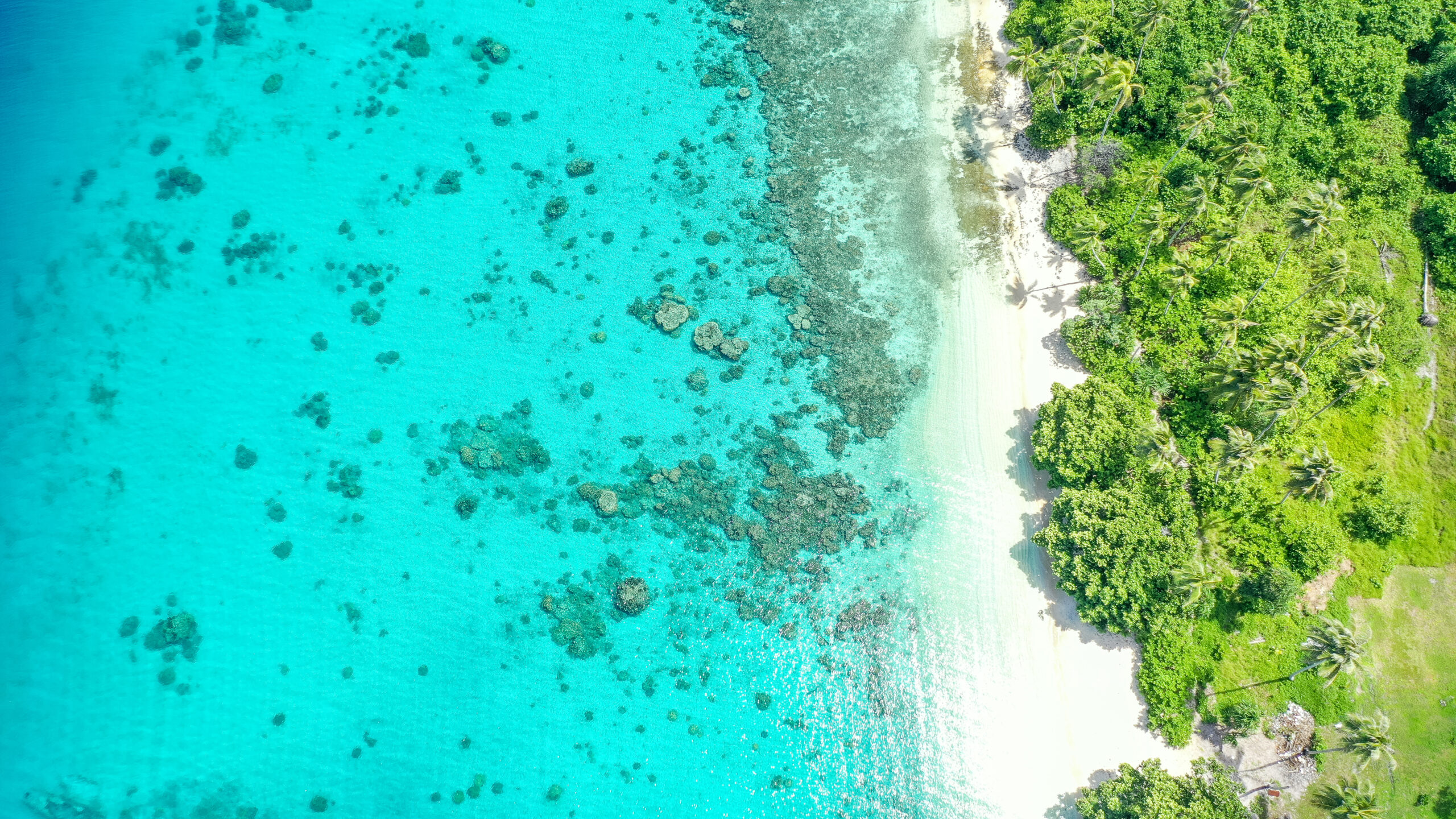A small island in the South Pacific, Tuvalu is on the United Nations least developed countries list.
The archipelago of six coral atolls, created when a volcano sinks under the water, spans a coastline of 24 kilometres. Tuvalu is the fourth smallest country in the world and the capital of Funafuti has a single road running from one end to the other – on one side is the ocean, and on the other side is the lagoon.
CARE began support for communities in Tuvalu during 2019 and has since supported over 7,000 people across the country. We work with national partners in Tuvalu to provide crisis response and aid in food, water and nutrition.
Fast Facts
Population: 11,639 (2023 est.)
Life expectancy: 68.69 years (66.25 years male, 71.25 years female) (2023 est.)
Infant mortality: 28.32 deaths/1,000 live births (2023 est.)
Under-5 mortality*: 21.3 deaths/1,000 live births (2021 est.)
Access to improved drinking water: 100% (100% urban, 100% rural)
Access to improved sanitation: 91.5% (91.8% urban, 91% rural)
Percentage of seats held by women in national parliament^: 6% (2022 est.)
GDP per capita: $4,900 (2021 est.)
Source: CIA World Factbook, *UNICEF, ^World Bank
Tuvalu’s Fight for Survival in a Changing Climate
According to the government, two of its nine islands are at risk of sinking due to the rise of sea levels and the persistent erosion of its coastlines – and this stems from the fact that most of Tuvalu’s islands rest barely three meters above sea level.
While an exact timeline is difficult to determine, there is a growing sense of urgency as experts warn that Tuvalu may become uninhabitable within the next two to three decades.
One of the immediate concerns is the contamination of underground water supplies. As sea levels rise, the risk of saltwater intrusion into freshwater sources intensifies. This alarming scenario has the potential to deprive the population of Tuvalu of their most basic necessity: clean drinking water.
The increasingly intense storms that accompany rising sea levels pose a challenge to the countries agricultural sector. The livelihoods of the local communities heavily depend on their crops, which are at risk of a decline in yields. It also threatens widespread damage to arable land, making it increasingly difficult for farmers to sustain their way of life.
Additionally, the island’s infrastructure such as roads, buildings, and essential services are at risk of damage from rising sea levels and storm surges.

Donate now
Support our ongoing work to create a more equal world.
Your donation can help end extreme poverty and give people the means to build a better future for themselves in countries like Tuvalu.
For those living in extreme poverty, your support brings healthcare, clean water, and nutritious food in times of crisis. Please donate today.

